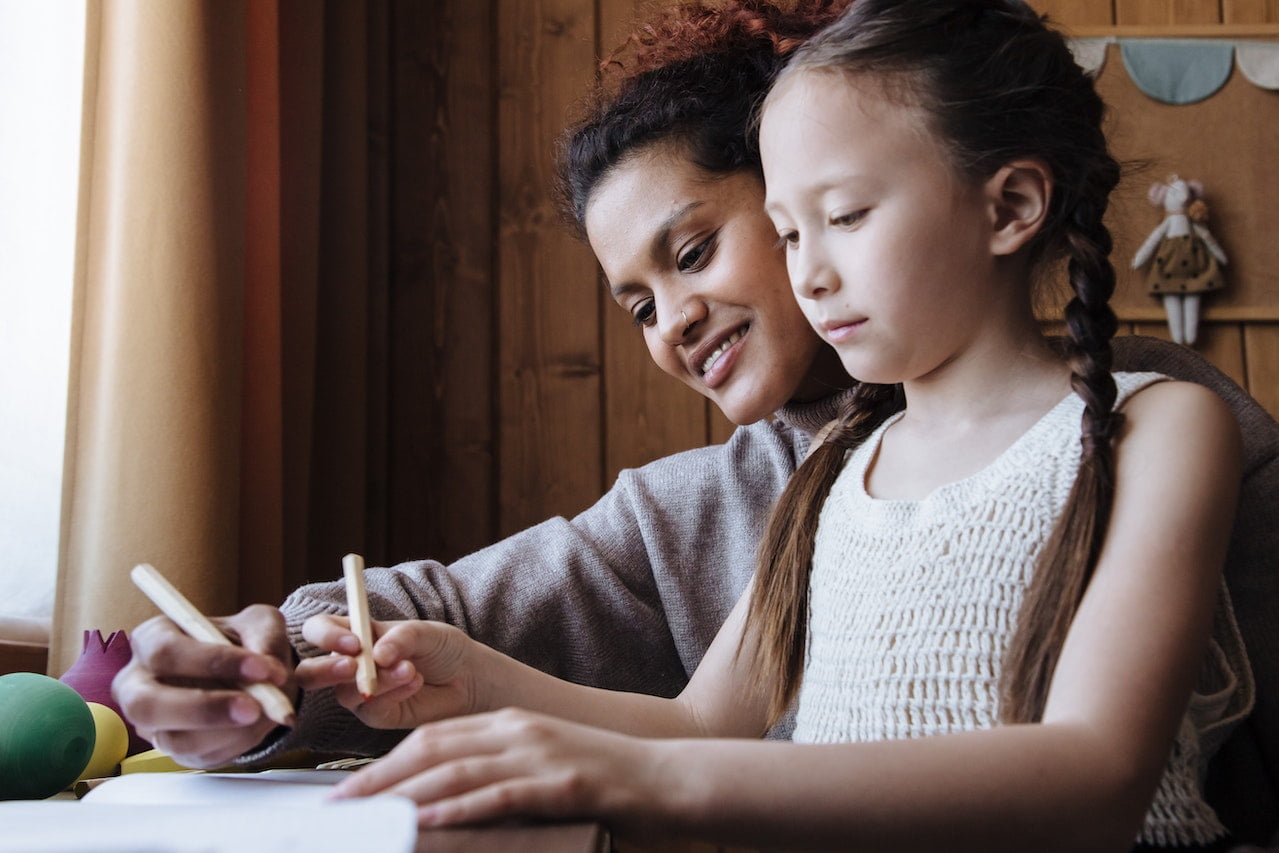A Day in the Life of an Au Pair
Au pairs are more than babysitters or housekeepers. They are a temporary family member who is there to help with childcare, make meals and provide companionship when children are at school or napping.
Household Chores
The day-to-day routine for au pairs can vary wildly depending on the children they’re caring for, their school schedules, and the family’s specific needs. But generally speaking, au pairs are not meant to be the family nanny or housekeeper. They work between 20 and 45 hours a week, including their time spent studying for their language course. While au pairs should be willing to assist with household chores, such as helping with grocery shopping or washing the dishes, they should not be expected to do heavy cleaning, yard work, or other tasks unrelated to their daily childcare au pair responsibilities. It’s essential to communicate what exactly is expected of an au pair from the outset. Suppose a host family does expect au pairs to help with some general household chores. In that case, it’s advisable to provide them with a clear list of specific duties and to ensure that these don’t go above and beyond what’s reasonable within their weekly 45-hour limit. If a host family expects au pairs to keep the kids’ toys neatly organized and put away or to ensure that all puzzle pieces are kept together so they don’t get mismatched or lost, that’s perfectly fine. However, if a host family asks au pairs to clean the entire freezer or sweep the whole house, this goes too far.
Meal Preparation
If your au pair comes from a country where food is central to the culture, she may be excited to cook for her host family. If not, you’ll need to help her learn essential recipes and cooking methods. Ensure you’re available to explain these things and encourage her to come to you with any questions about preparing meals. Regarding snacking, your au pair may be used to a diet that includes more processed foods, such as chips and candy. It’s a good idea to provide a shelf or area where she can keep these items and let her decide how often she’d like to indulge. Being an au pair is not a job for someone open-minded or short-tempered. Your au pair will likely be anxious and need to work through any cultural differences she might experience. If you notice any problems, try to isolate the confusing action or words without judging her and help her understand how American culture differs from hers. If you are frustrated with an au pair, remember she is trying her best to do a good job. If you can communicate openly, you will be able to find solutions.
Child Care
A significant part of an au pair’s duties is to help the host family with their children. This typically involves daily tasks like playing with the kids, helping them with homework, taking them to school and after-school activities, preparing meals for the children, and doing light housework. During this time, the children are exposed to their au pair’s culture and often learn a new language. As a parent, having extra hands around can be a huge relief and allows you to spend more time as a family or focus on your work or other personal pursuits. Compared to other childcare options, au pairs are also very affordable since they’re only contracted for a certain number of hours each week in exchange for room and board. However, it is essential to remember that au pairs are more than just babysitters or childcare providers. They are a big sister, a role model, a mentor, and a friend. As a host parent, it’s up to you to be sure your au pair has what they need to be successful in their job. This includes:
- Regularly asking them about their day.
- Inviting them on family outings and holidays.
- Offering support when they feel homesick.
This is especially true at the beginning of their year with your family when they’re adjusting to their new life.
Personal Care
Au pairs do much of what a stay-at-home parent would do, such as making meals for the children at the correct times, taking them to and from school and extracurricular activities, and assisting with homework. Parents may also ask au pairs to assist with the household chores such as cleaning the bathroom, washing the dishes, and vacuuming or mopping floors. They often need help shopping and can be given a budget for groceries and other household goods. Au pairs can also be responsible for pet care, taking a dog or cat on walks, or playing with a rabbit. They might need to wash the children’s clothes and their own. They will usually be expected to keep the children’s rooms clean and tidy as well as their room and share in the cooking duties. Au pairs are encouraged to socialize with the host family’s friends, but this should only happen on their time off and not during working hours. Being an au pair is demanding, so hosts and au pairs must communicate openly about expectations and concerns. They must also remember that the au pair is a temporary family member and should be treated as such. It’s also essential for everyone to have a positive attitude and to understand that au pairs can have bad days as well.




